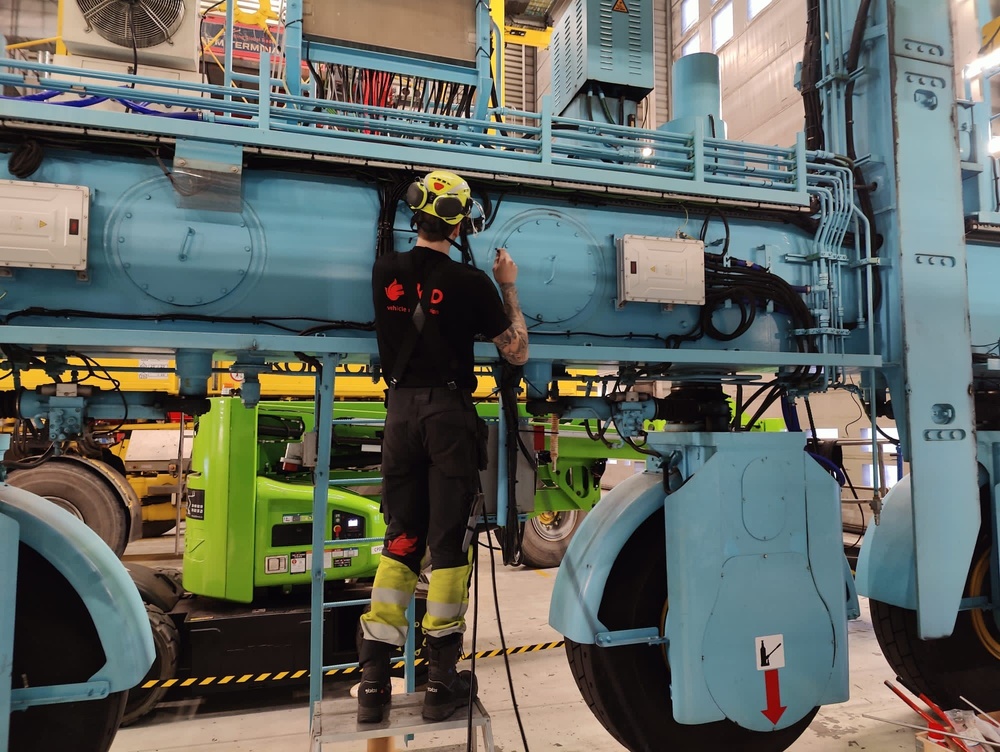The Essential Role of Fire Protection Systems in Heavy-Duty Vehicles

Transporting goods across long distances or managing heavy-duty operations comes with inherent risks, particularly the potential threat of fires within the vehicles. These risks, if left unmitigated, can lead to devastating consequences. That's where a robust fire protection system steps in as a crucial safeguard, offering multiple advantages for both fleet owners and the industry as a whole.
1. Life safety and protecting your investment
Your safety and that of your passengers should always come first. A vehicle fire protection system can swiftly detect and suppress fires, reducing the risk of injuries or fatalities. Your heavy-duty vehicle is also a significant investment. Installing a fire protection system can prevent extensive damage, preserving its value and saving you from costly repairs or replacements.
2. Engine Longevity and Reliability
The engine serves as the powerhouse of heavy-duty vehicles. Fire incidents can significantly damage engines, leading to costly repairs or even complete replacements. Installing a fire protection system mitigates these risks, preserving the engine's longevity, reducing maintenance expenses, and ensuring consistent vehicle performance.
3. Operational Continuity and Efficiency
Downtime can be a major setback in the transportation industry. A fire incident halting operations not only affects schedules but also impacts profitability. A reliable fire protection system minimizes the risk of vehicle fires, thereby ensuring operational continuity and enhancing overall fleet efficiency.
4. Regulatory Adherence and Industry Standards
Adhering to safety regulations is non-negotiable in the heavy-duty vehicle sector. Equipping fleets with fire protection systems demonstrates compliance with industry standards and regulatory requirements. It showcases a commitment to safety, reassuring stakeholders of responsible and ethical business practices.
5. Tailored Risk Mitigation
Heavy-duty vehicles face unique fire risks due to their nature of operation, varying cargo types, and environmental conditions. A tailored fire protection system accounts for these specific risks, providing a comprehensive safety net against potential hazards, thus enhancing overall fleet safety.
In conclusion, investing in a heavy-duty vehicle fire protection system isn't merely an option; it's a strategic imperative. It's a proactive step towards ensuring safety, protecting valuable assets, maintaining operational efficiency, and complying with industry regulations. Prioritizing safety measures not only safeguards assets but also upholds the reputation and reliability of fleet operations.
Remember, safeguarding against fire risks isn't just a choice; it's a commitment to a safer, more efficient, and resilient heavy-duty vehicle industry.